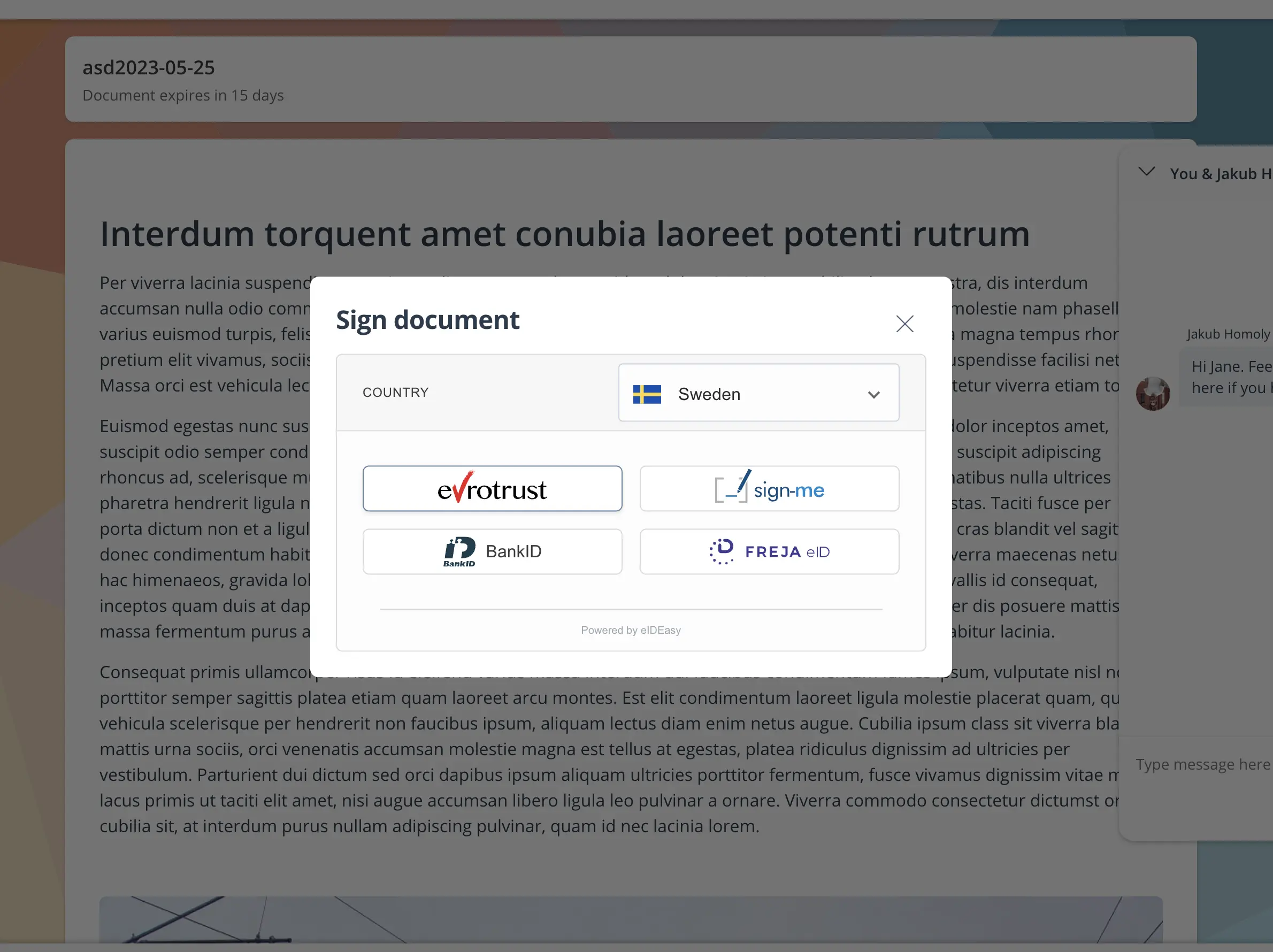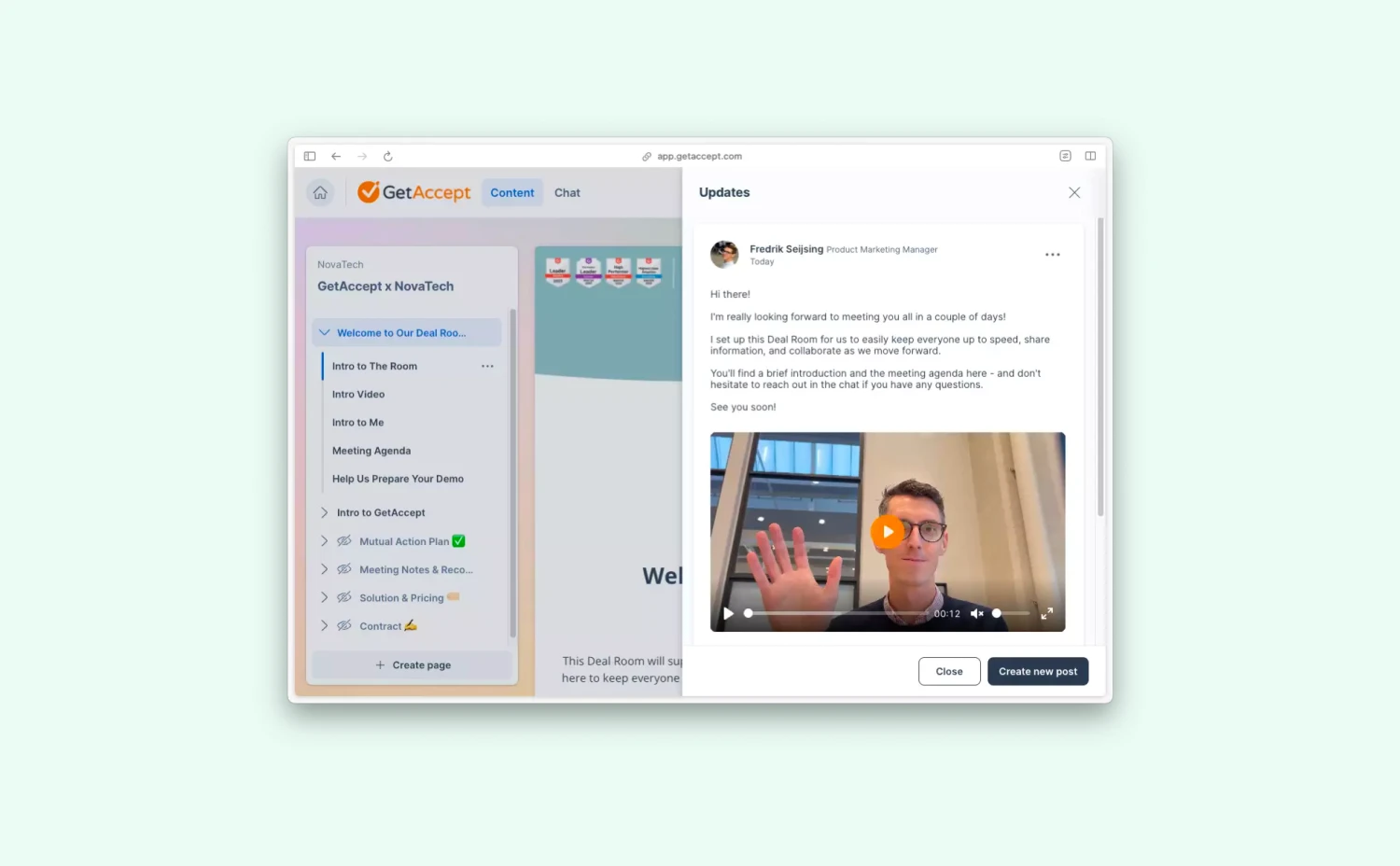In some cases, a regular electronic signature just isn't enough. This might not be the case for most business contracts or agreements, but due to regulatory requirements, there are cases where using a Qualified Electronic Signature (QES) is required.
What is QES?
As defined by eIDAS, a qualified electronic signature adheres to a set of laws and regulations agreed upon by the European Union. Basically, this means that a QES can be used anytime a traditional pen and paper signature would be required. This is because it’s the most complete and secure method to digitally prove the identity of a person who is accepting of the content in a document.
There are many cases where QES is explicitly or implicitly required, and needs to be evaluated based upon local laws and regulations. Examples of when QES is required range from property contracts in Sweden to employee contracts in Belgium or Poland.
How does it work?
When you send a contract to be signed with QES your customer will be able to identify themselves using a local verification method available in their country. We currently offer more than 25 different local methods, such as BankID (Sweden), MitID (Denmark), and SimplySign (Poland). This allows for cross-border signing with local identification, a powerful and convenient way for your customers to sign contracts. Once the document is signed, the signature and related information is embedded within the file itself.
QES will be offered as an add-on for customers on our Enterprise plan.



